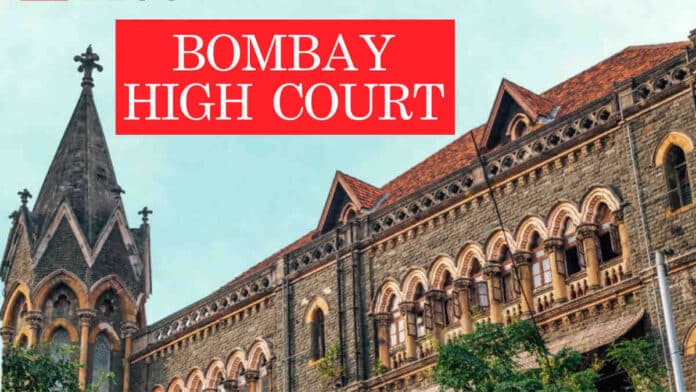Traditions and cultures must evolve with changing times and changing demographics of the city, the Bombay High Court said on Wednesday while directing the authorities to consider reframing its policy permitting celebration of festivals on public roads.
A division bench of Justices Sunil Shukre and Firdosh Pooniwalla expressed its concern over the manner in which the policy regulating celebration of such festivals has been framed.
The bench was hearing a plea filed by member of Shiv Sena (UBT) group raising contention as to why one group belonging to Ravindra Rajaram Patil of Sena-led by Chief Minister Eknath Shinde has been granted permission by the police to celebrate Dahi Handi festival and why the petitioner’s group was denied the same at the same spot at Shivaji Chowk area in Kalyan.

This year, Krishna Janmashtami (birth anniversary of Lord Krishna) is being celebrated on Wednesday (September 6), while Dahi Handi will be celebrated on Thursday. As part of the celebrations, ‘Govindas’ or Dahi Handi participants form a human pyramid to break the “Dahi handi”, an earthen pot filled with curd.
The Kalyan police on Wednesday told the court that the petitioner group would be granted permission to celebrate the festival at an alternative ground nearby.
The petitioner accepted this, following which the court directed the concerned authorities to grant permission by Wednesday evening.
The court in its order, however, directed the government to take a relook at its policy regulating celebration of such festivals.
“The policy, in our considered view, does not take into account the inconvenience and traffic congestion that may result on account of granting permissions to various groups which celebrate Dahi Handi festival in public streets and public squares of Mumbai,” the HC said.
It added that if anybody contends that such celebrations are part of traditions, culture and social mores of the glorious city of Mumbai, then traditions and cultural practices must also evolve with changing times and changing demographics of the city.
“Today, we are witness to great influx of migrants to this city and also an inherent increase in the population of Mumbai. We have also seen that the capacity of public roads and public amenities has not been increased in proportion to the increase in the population and its density,” the court said.
Now the time has come for the authorities and for the policy makers to revisit the policy already framed to regulate such festivals, it added.
“The policy makers would have to ask a question to themselves as to whether or not permission should be given to celebrate the festivals at public squares and in public streets, where huge crowds/groups are expected to visit to take part in the celebrations,” the court said.
It added that policy makers also ought to consider imposing stricter conditions with regard to the number of participants, identifying the time slots within which such festivals be celebrated by different groups at the same venue and directing the organisers to restore the venues to their original condition, after the event is over.
Also Read
“If the policy is re-framed or modified by taking into consideration all these aspects, we are of the view that there would be a proper balance struck between the need for public expression of religious sentiments on one hand and need for protecting larger public interest by reducing the inconvenience to the road users and the residents of nearby localities and also reducing traffic congestion at such venues on the other hand,” the bench said in its order.
“We hope that, from next year onwards, a modified policy regulating such festivals in a more effective way, by taking into consideration the suggestions given herein above, would be put in place by the concerned authorities,” it said.
The bench noted that 50 years ago, the population in the city was not much but now public roads are no longer suitable to hold such events.
“Our open spaces are limited. You (authorities) should regulate, otherwise it will be a chaotic situation. While you allow expression of religion on one hand, you should also ensure it does not affect public at large. Balance has to be struck,” Justice Shukre said.







